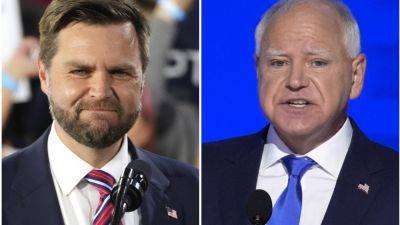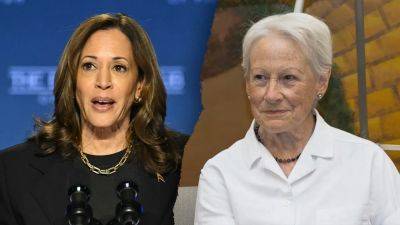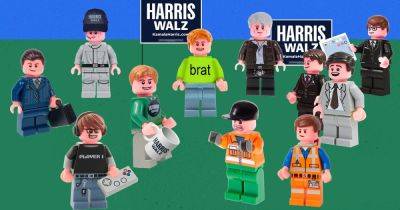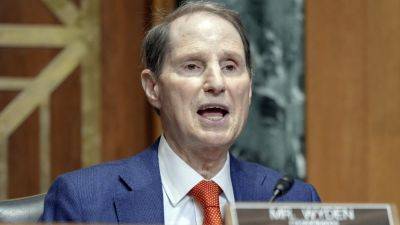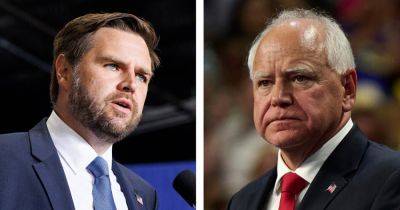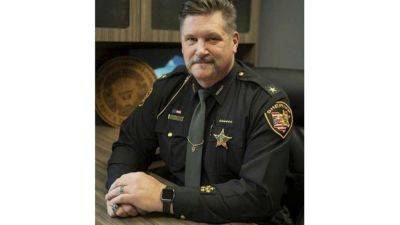Voters in a number of states could upend how their elections are run
Voters in a record number of states — including the battlegrounds of Arizona and Nevada — are set to decide this fall whether to enact far-reaching changes to how their elections are run.
Most of the proposals would replace party primaries with nonpartisan contests, where all candidates, regardless of party, appear on the same ballot and some number of candidates, like the "top four" vote-getters, move on to the general election.
Nick Troiano — founding executive director of Unite America, a philanthropic venture fund that invests in nonpartisan electoral reform — called this year “an inflection point for the primary reform movement.”
“Never before have we seen this many initiatives on the ballot in one year to reimagine how we elect our leaders,” he said, “especially in abolishing party primaries.”
Several of the ballot measures would pair nonpartisan primaries with ranked choice voting for general elections. (Alaska, on the other hand, will vote on getting rid of its ranked choice system.)
Proponents of primary reform say partisan elections often exclude unaffiliated voters and bolster more extreme candidates who mainly appeal to a party’s base, likely exacerbating polarization.
Currently, five states have somenonpartisan primaries, and Troiano said their elections see higher participation among voters, as well as fewer uncontested races and better representation in government.
“And we see elected leaders who are more inclined to work across the aisle because they don't fear that they will get primaried out of office in their next election,” he said.
Opponents of these measures argue nonpartisan primaries strip power away from parties to control who can vote in their elections. They also say big changes in how


